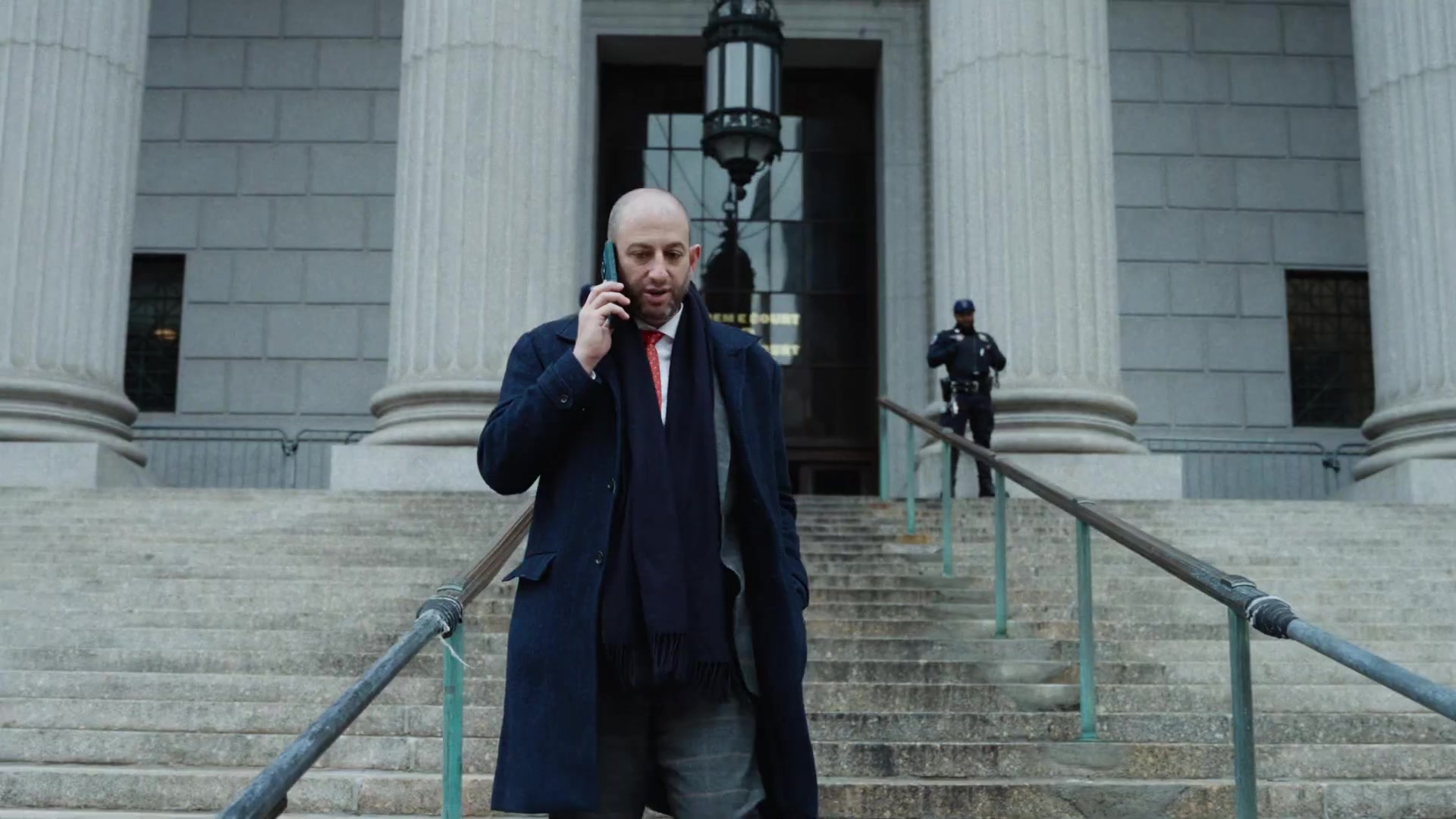New York Penal Law 105.15: Conspiracy in the Second Degree
Conspiracy laws in New York can be pretty complicated, especially when you get into the different degrees of conspiracy charges. One of the more serious conspiracy charges is New York Penal Law 105.15, which covers conspiracy in the second degree. This article will break down what this law means, what the penalties are, and some key things to know if you've been charged.What is Conspiracy in the Second Degree?
The basics of P.L. 105.15 are that it's when someone intentionally agrees with at least one other person to commit a Class A felony. Some examples of Class A felonies are murder, kidnapping, arson, and robbery. So if someone plans with others to commit those types of serious crimes, they could be looking at a second-degree conspiracy charge. To be convicted under this law, the prosecution has to prove a few things:- There was an agreement between the defendant and at least one other person to commit a Class A felony
- The defendant intended for the Class A felony to be carried out
- The defendant or the co-conspirators took some action to further the plan
Penalties and Sentencing
Conspiracy in the second degree is a Class B felony under New York law. The possible sentences if convicted include:- 5 to 25 years in state prison
- Up to lifetime supervised release after prison
- Up to $5,000 in fines
15,000+
Federal Cases Filed Annually
90%
Plea Before Trial
Possible Defenses
There are a few common defenses that lawyers use to fight second-degree conspiracy charges, like:- No actual agreement - The prosecution has to prove the defendant agreed with others to commit a crime. Just discussing illegal acts isn't enough. The defense may claim there was no real agreement.
- Entrapment - This argues that the defendant only made plans due to pressure and manipulation by undercover cops or informants. Someone predisposed to commit a crime can't claim entrapment.
- Lack of intent - For a conspiracy charge to stick, the defendant has to have intended for the planned crime to be committed. The defense may claim the defendant made empty threats or didn't seriously plan to go through with the crime.
Recent Cases and Precedents
Looking at how P.L. 105.15 charges have played out in real cases can help give a sense of how serious these prosecutions are. Some notable recent examples include:- In People v. Williams, the defendant was convicted of conspiracy to commit murder, along with other charges related to gang activity. He received a sentence of 15 years to life in prison (see People v. Williams).
- In People v. Fernandez, the court upheld a conspiracy in the second degree conviction for a defendant who planned a home invasion robbery that resulted in murder. He received a sentence of 25 years to life (see People v. Fernandez).
- In People v. Alston, the court overturned a 105.15 conviction because the prosecution failed to prove the defendant entered into any actual agreement to sell drugs. Mere discussions about drug transactions were not enough (see People v. Alston).
Why These Charges Are Taken So Seriously

Defense Team Spotlight
Todd Spodek
Lead Attorney & Founder
Featured on Netflix’s “Inventing Anna,” Todd brings decades of experience defending clients in complex criminal cases.
- Class A felonies like murder and arson are extremely dangerous crimes that put many innocent people at risk.
- Even if the planned crime doesn't happen, the intent was still there and steps were taken. This makes the defendants dangerous in the eyes of the law.
- Prosecutors and judges want to send a message that conspiring to commit terrible felonies will bring severe punishment.
- Harsh sentences are seen as justified to deter others from planning violent group crimes and to incapacitate those who try.
What to Do If You're Facing Charges
If you've been accused of conspiracy in the second degree under Penal Law 105.15, it's absolutely vital that you retain an experienced criminal defense attorney as soon as possible. The charges are extremely serious, and you need legal guidance to help build the strongest case. A lawyer can evaluate the evidence against you, identify any police missteps or weaknesses in the prosecution's case, advise you on possible defenses, and represent you aggressively through the legal process. This gives you the best chance at an acquittal or at least reduced charges and a lighter sentence. Don't leave your fate to chance - get a lawyer on your side without delay.Frequently Asked Questions
No. You have the right to remain silent and the right to an attorney. Invoke both rights immediately and contact Spodek Law Group.
Every case is different. We offer free initial consultations to evaluate your case and discuss our fee structure.
An arraignment is your first court appearance where charges are formally read. You enter a plea and bail may be set. Having an attorney present is critical.








